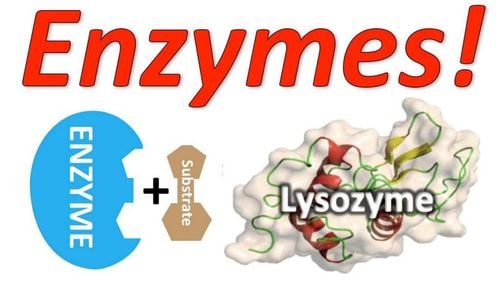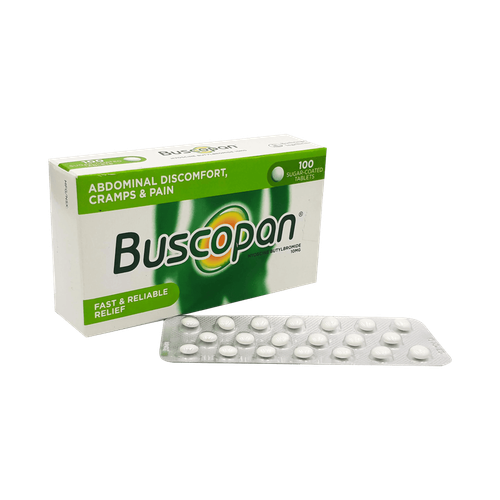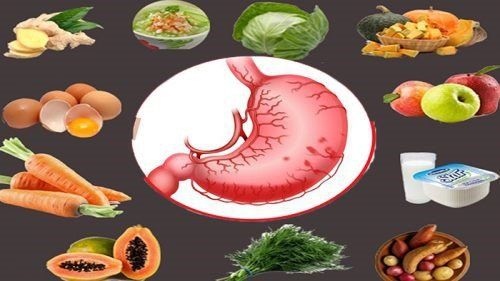This is an automatically translated article.
The article was professionally consulted by Specialist Doctor I Vo Thi Thuy Trang - Gastroenterologist, Department of Medical Examination & Internal Medicine - Vinmec Danang International Hospital. The doctor has many years of experience in the field of gastrointestinal endoscopy.1. How long does it take to digest food?
In general, the digestion of food takes about 24 to 72 hours to move through the entire digestive tract. The specific time depends on the amount and type of food that you have eaten. That aside, it depends on other factors like your gender, metabolism, and whether you have any digestive issues that could slow or speed up digestion.Initially, food moves relatively quickly through the digestive system. Within 6 to 8 hours, food has moved through the stomach, small intestine, and large intestine.
Once in the large intestine, food digested during meals can stay here for more than a day and continue to be absorbed and broken down.
The normal range for transit time through the entire intestine is as follows: gastric passage (2 to 5 hours), small bowel transit (2 to 6 hours), arrival through the colon (10 to 59 hours) hours) and whole bowel transport (10 to 73 hours).
The rate of digestion also depends on the nature of the food. Meat and fish can take up to 2 days to fully digest. The proteins and fats found in these foods are complex molecules that take longer for the body to break down.

The most digestible fast foods are processed foods, sugary snacks like candy. The body can digest them within a few hours, making you hungry again faster.
Trắc nghiệm: Làm thế nào để bảo vệ lá gan khỏe mạnh?
Làm test trắc nghiệm kiểm tra hiểu biết về gan có thể giúp bạn nhận thức rõ vai trò quan trọng của gan, từ đó có các biện pháp bảo vệ gan để phòng ngừa bệnh tật.2. What happens during digestion?
Digestion is the process by which the body breaks down and breaks down food into the nutrients your body needs to function. Anything left over after digestion is finished is called waste and the body gets rid of these substances.
Your digestive system is made up of five main parts:
Mouth Esophagus Stomach Small intestine Large intestine This is what happens after you eat food:
When you chew, the glands in your mouth secrete saliva release. This liquid contains enzymes that break down starches in food and as a result form a paste called a bolus that is easier to swallow. After swallowing, food moves down the esophagus, which is the tube connecting the mouth to the stomach. When the stomach is approaching, the lower esophageal sphincter opens to allow food to move into the stomach. Acid in the stomach will break down food more than the mouth, creating a paste that permeates gastric juice and partially digested food. This mixture continues to move to the small intestine.
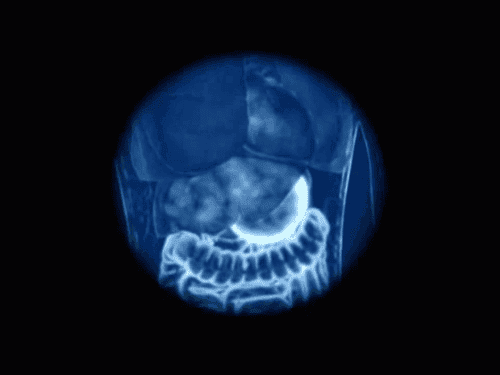
3. Possible Digestive Problems
Certain medical conditions can disrupt digestion and cause unpleasant symptoms such as heartburn, bloating, constipation or diarrhea, specifically:Acid reflux occurs when the lower esophageal sphincter muscle weakened. This leads to acid from the stomach traveling up the esophagus and causing heartburn symptoms. Celiac disease involves a person's own immune system attacking and damaging the intestines when a person eats foods that contain gluten.
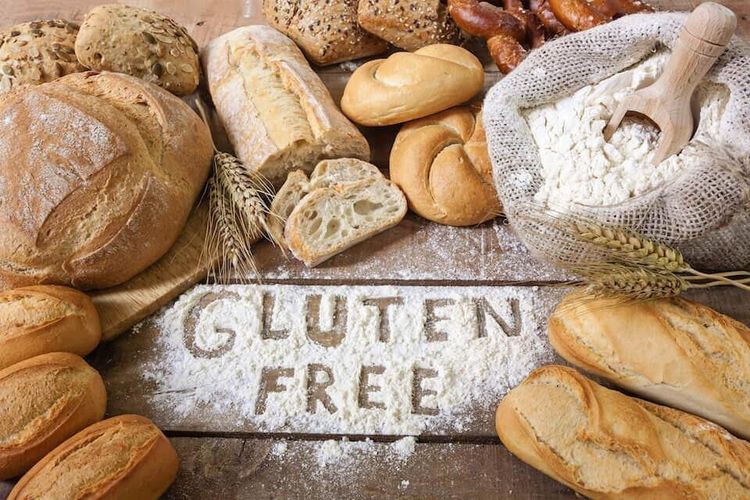
Please dial HOTLINE for more information or register for an appointment HERE. Download MyVinmec app to make appointments faster and to manage your bookings easily.
Article referenced source: healthline.com




